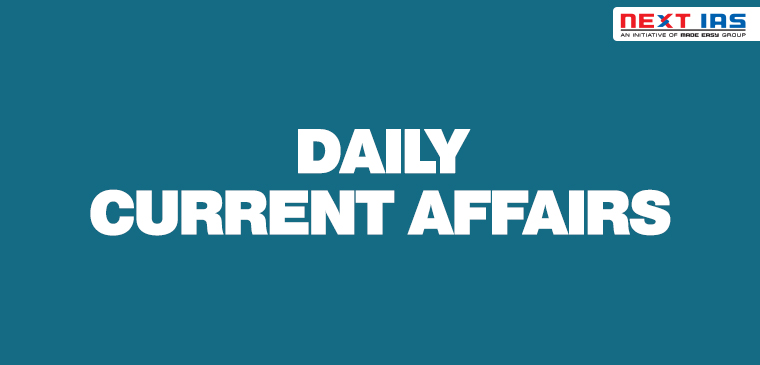
In News
Recently, Assistant Police Inspector was dismissed from service by Mumbai Police Commissioner under Article 311 (2) (b) without a departmental enquiry.
About Article 311
- Article 311 of the Constitution of India states that no person who is a member of a civil service of the Union or an all-India service or a civil service of a State or holds a civil post under the Union or a State shall be dismissed or removed by an authority subordinate to that by which he was appointed.
- Article 311 (2 ) says that no civil servant shall be dismissed or removed or reduced in rank except after an inquiry in which s/he has been informed of the charges and given a reasonable opportunity of being heard in respect of those charges.
- It gives them a chance to respond to the charges in an enquiry so that he/she is not arbitrarily dismissed from service.
|
Process of a Departmental Enquiry
|
- Exceptions
- As per Article 311 sub-clause 2
- Provision a: if a government employee is convicted in a criminal case, he can be dismissed without departmental enquiry.
- Provision b: It states “when an authority empowered to dismiss or remove a person or to reduce him in rank is satisfied that for some reason, to be recorded by that authority in writing, it is not reasonably practicable to hold such enquiry”.
- Provision c: A government employee can be dismissed when the President or the Governor, as the case may be, is satisfied that in the interest of the security of state it is not expedient to hold such an enquiry, the employee can be dismissed without departmental enquiry..
- As per Article 311 sub-clause 2
- Recent Instances of Article 311 (2) subsections
- The Jammu & Kashmir administration recently set up a Special Task Force (STF) to “scrutinise cases of employees suspected of activities requiring action under Article 311(2)(c).
- The order dated April 21 further tasks the STF headed by ADG (CID) J&K to “compile records of such employees, wherever necessary and to the committee constituted by the government”.
- Three government employees, including two teachers, have already been fired. The move has been opposed by rights activists.
- The order dated April 21 further tasks the STF headed by ADG (CID) J&K to “compile records of such employees, wherever necessary and to the committee constituted by the government”.
- Alternatives to dismiss the dismissal under section 311 (2)
- The government employee dismissed under these provisions can approach either tribunal like the state administrative tribunal or Central Administrative Tribunal (CAT) or the courts.
|
Related Constitutional Articles
Central Administrative Tribunal
|
Previous article
India Attends Third Arctic Science Ministerial
Next article
Facts in News


